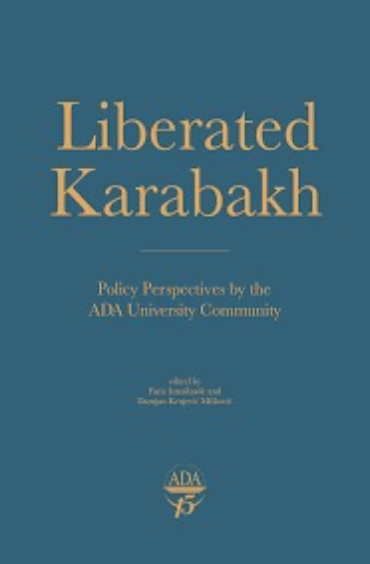The Baltic Squall: Is it Already Approaching?
After Russia invaded Ukraine in February 2022, the internationalization of the war and its horizontal expansion became just a matter of time. For that particular reason, I have used the phrase “European War” in my publications on the subject matter since 2022. Forty months later, the creeping spillover of the war to the broader space is more evident than ever. In this regard, the Baltic Sea region represents the most significant concern, as it is a zone where tensions between Russia and the fragmenting Western alliance could potentially escalate into an overt confrontation.








